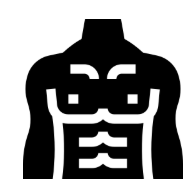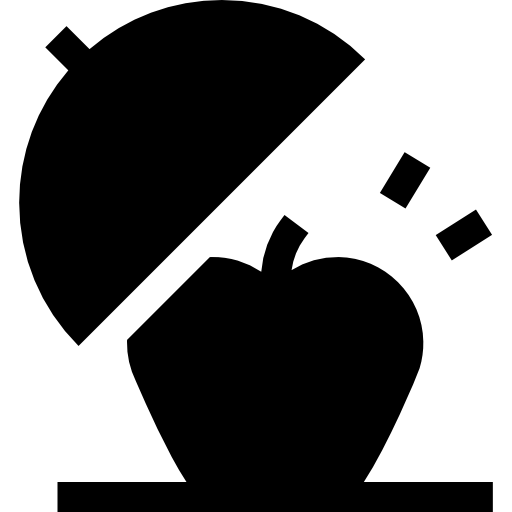
How to Fuel Your Body for Exercise
Nailing what you eat and when you eat it can unlock extra performance in the gym, on the track, or wherever you train.
At Flush, we know that fuelling your body isn’t just about calories — it’s about giving your system the right nutrients while also keeping it clean and free from the toxins that slow you down. A well-fuelled, detoxed body performs better, recovers faster, and feels lighter, allowing you to get the most out of every session.
Whether you’re new to exercise or have years of experience, one truth remains the same: your results depend heavily on how well you fuel your body. The difference between an average workout and a brilliant one often comes down to what you put into your system in the hours — and even days — beforehand.
That doesn’t mean all calories are equal. By making small adjustments to nutrition and fuelling your training in a smarter way, you can accelerate recovery, enhance performance, and reduce stress on your body.
How Should I Fuel My Body?
No matter the activity — strength training, running, yoga, or high-intensity sessions — nutrition directly impacts performance. The goal is to have enough energy to train hard, without feeling heavy, bloated, or sluggish. For some, light training on an empty stomach works; for others, a pre-workout snack makes all the difference.
Protein, Carbohydrates and Fat
Protein remains key if you’re looking to increase strength or build lean muscle. Aim for around 1.6–2.2g of protein per kilogram of body weight per day, spread evenly across meals, to support repair and growth. Instead of one large serving, “drip-feed” your body with protein throughout the day for the best effect.
Complex carbohydrates such as quinoa, brown rice, or oats provide slow-release energy and work best when eaten three to four hours before exercise. They keep glycogen stores topped up and prevent fatigue.
Healthy fats also play a role — from nuts, seeds, and avocado — helping to balance hormones and sustain energy over longer sessions.
What Should I Eat Before a Workout?
Timing is key. High-fibre or protein-heavy meals too close to training can slow digestion and make you feel heavy. Instead, go for something that provides quick-release energy — like a ripe banana, a handful of berries, or a small portion of dried fruit.
Post-workout, focus on complex carbs to replenish glycogen and protein to aid repair. The so-called “anabolic window” is much wider than once thought — up to six hours. What matters most is getting enough total protein and nutrients over the day, rather than rushing immediately after training.
Do I Need to Count Calories?
That depends on your goals. If you’re aiming for weight loss or muscle gain, tracking calories can help you understand energy balance. But it’s not essential for everyone. If your weight is stable, your training feels strong, and your meals are nutrient-rich, you’re likely fuelling well without counting every calorie.
Should I Take Supplements?
Supplements can be useful, but they are not essential if your nutrition is already balanced. Think of nutrition as a pyramid:
-
Foundation: whole foods, hydration, fruits, vegetables, and sufficient protein.
-
Middle layer: timing meals to support training and recovery.
-
Top layer: supplements, which may add a marginal benefit but aren’t a substitute for the basics.
If you struggle to meet protein targets or need convenience, shakes can help. But for most, focusing on nutrient-dense whole foods provides all the essentials.
The Flush Perspective
At Flush, we go beyond performance nutrition by helping the body clear toxins, heavy metals, microplastics, and PFAs that can weigh it down. When your body is lighter, cleaner, and nourished with the right foods, every workout feels stronger and recovery comes quicker.
It’s not just about fuelling — it’s about cleansing and energising for sustainable results.





